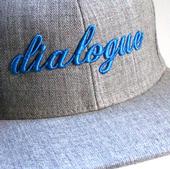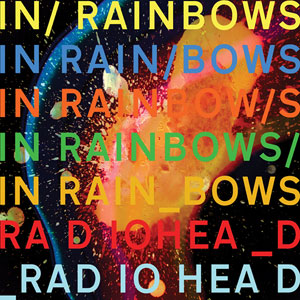I Have(n’t) Seen That Before
Sunday, October 10th, 2010Product differentiation is how your product is set apart from the others on the market. It would perhaps not be too imposing a generalization to say that when product differentiation comes to mind it comes in a physical sense. That is to say there is actually a physical, tangible difference that sets one product apart from the other. But, as the tone of this post may have already revealed, this is not always the case.
 Dialogue Headwear is a small company based out of Toronto, Ontario, that produces toques and baseball caps for the extreme sports market with a focus on the snowboarding community. Dialogue has been successful in differentiating their product not through R&D but through social marketing. They made their hats seem exclusive within the market. If you had one you knew about something most didn’t, you were a savvy snowboarder. From this “clubhouse” branding Dialogue actually has managed to gain weight and now has their products carried in some of Toronto’s trendiest stores. They played to the obscurity of fledgling business and managed to use their lack of brand recognition into the defining aspect of their brand.
Dialogue Headwear is a small company based out of Toronto, Ontario, that produces toques and baseball caps for the extreme sports market with a focus on the snowboarding community. Dialogue has been successful in differentiating their product not through R&D but through social marketing. They made their hats seem exclusive within the market. If you had one you knew about something most didn’t, you were a savvy snowboarder. From this “clubhouse” branding Dialogue actually has managed to gain weight and now has their products carried in some of Toronto’s trendiest stores. They played to the obscurity of fledgling business and managed to use their lack of brand recognition into the defining aspect of their brand.


